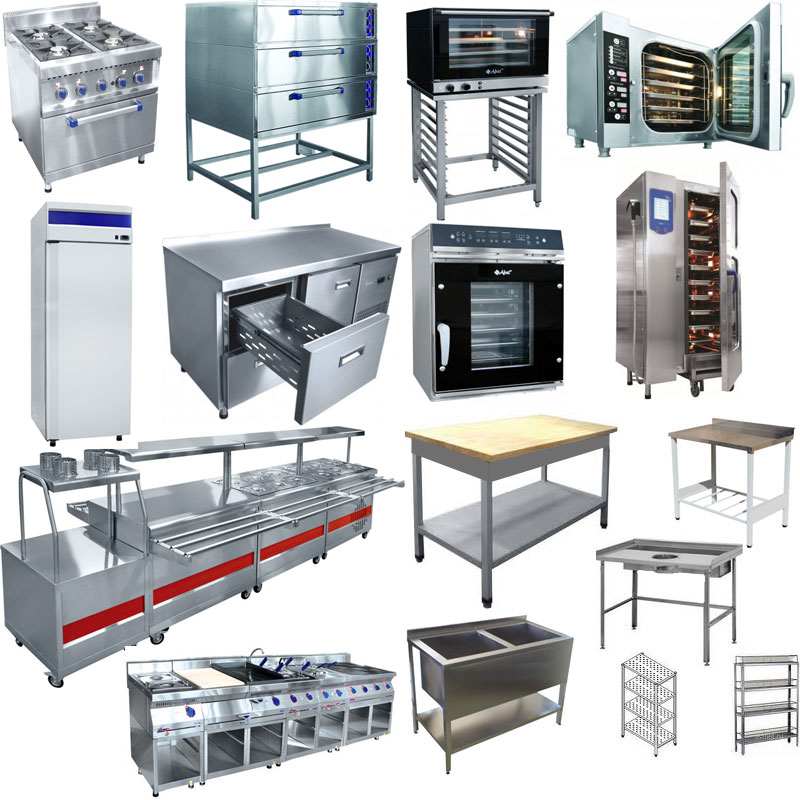What are heat-resistant wheels for and the benefits of using them
In the food, chemical and other industries, where the main production processes are carried out using high temperatures, equipment made of special heat-resistant materials is used. Mobile structures in such industries are equipped with functional heat-resistant wheels. The wheel mechanisms made using a special technology are designed for long-term, intensive work in extreme conditions.
Heat Resistant Wheels Advantages
The heat-resistant wheels comply with fire safety rules and comply with all sanitary standards for food processing equipment. In addition, a number of other advantages of heat-resistant wheels can be noted:
resistance to large temperature extremes;
good adhesion to the surface of self-leveling, tiled and other smooth floors;
resistance to aggressive chemical compounds, oils, alkalis, acids;
design allowing simple and quick repair;
large carrying capacity.
Due to the practical advantages, as well as the durability and affordable cost of heat-resistant wheels, they are used not only for industrial and commercial needs, but also in everyday life.
Areas of application of heat-resistant products
Good driving performance, maneuverability and maneuverability are the main requirements for mobile heat-resistant equipment of enterprises of various types of activity:
bakeries, bakeries, confectioneries;
smoking and drying chambers, cheese dairies, professional kitchens;
factories for the production of ceramics, porcelain and glass products;
To understand how to choose heat-resistant wheels that will reliably perform their functions and will last a long time, it is important to have an idea of the design features of the wheel bearings.

Wheel device and materials
The basic element of wheel mechanisms is the bearing. The running parameters of the structure as a whole depend on it. For the manufacture of heat-resistant wheels, plain bearings and ball bearings are often used, treated with special grease and enclosed in a molded sealed case that prevents dust and small debris from entering. Materials for the manufacture of wheel systems used at high temperatures are:
thermoplastic resin;
technopolymer;
aluminum;
cast iron.
For attachment to the lower surface of the rack or trolley, the wheel support is equipped with a steel bracket with a special platform designed for heavy weight loads. Thanks to the pivoting system, the design has the maneuverability required for rotary kilns.
Note! For extreme weight and temperature loads, reinforced or welded brackets with a high degree of wear resistance are used.
Types of heat resistant castors
It is possible to determine the modifications of heat-resistant wheels, which are best suited to the operating conditions of a particular enterprise, by studying the properties and characteristics of all models offered by manufacturers:
Wheels made of thermoplastic resin (phenol) are molded under high pressure with the addition of special fibers, which give the products special strength and wear resistance. Phenolic resin is distinguished by its careful attitude to the coating, so these wheeled mechanisms can be safely used on a tiled or self-leveling floor. Such supports can withstand weight up to 300 kg and temperatures up to +250 ° C;
Caution! Phenol products are not recommended for use with multilevel floors with significant differences. It is also important to exclude the impact of the wheel supports on the protruding metal elements of the furnace.
Technopolymer wheels are made from a synthetic alloy that has increased strength due to the addition of fiberglass. These models are completely resistant to corrosion and the negative effects of chemical compounds. Models made of technical polymers can be used at +280 ° C, they do not emit toxic substances and will not harm any floors;
aluminum wheels are made under pressure and equipped with a grease nipple. Such metal can withstand temperatures from -50 to +400 ° C and weight up to 150 kg. The cost of aluminum products is much lower than their synthetic counterparts, and they are less susceptible to mechanical damage;
Important! Aluminum wheels can leave streaky marks on self-leveling floors.
cast iron wheels have unique wear resistance and can be easily repaired. The load capacity of some cast iron models reaches 500 kg, and the operating temperature is +600 ° C. The wheel hub has a convenient grease nipple;
Attention! Cast iron wheels can only be used on floors equipped with metal or cast iron plates.
cast iron wheels equipped with a heat-resistant rubber tire are gentle to all types of floors and can withstand temperatures up to +250 ° C. These products, like other heat-resistant models, are certified for use in the food industry.
The castors made of heat-resistant materials are available in several versions, taking into account the needs of a wide variety of enterprises, which allows you to optimally equip any production equipment. For non-standard projects, the manufacturing company will definitely find successful, individual solutions.

